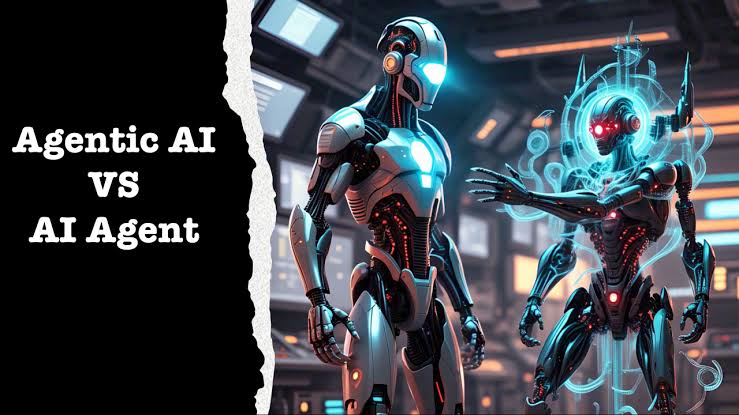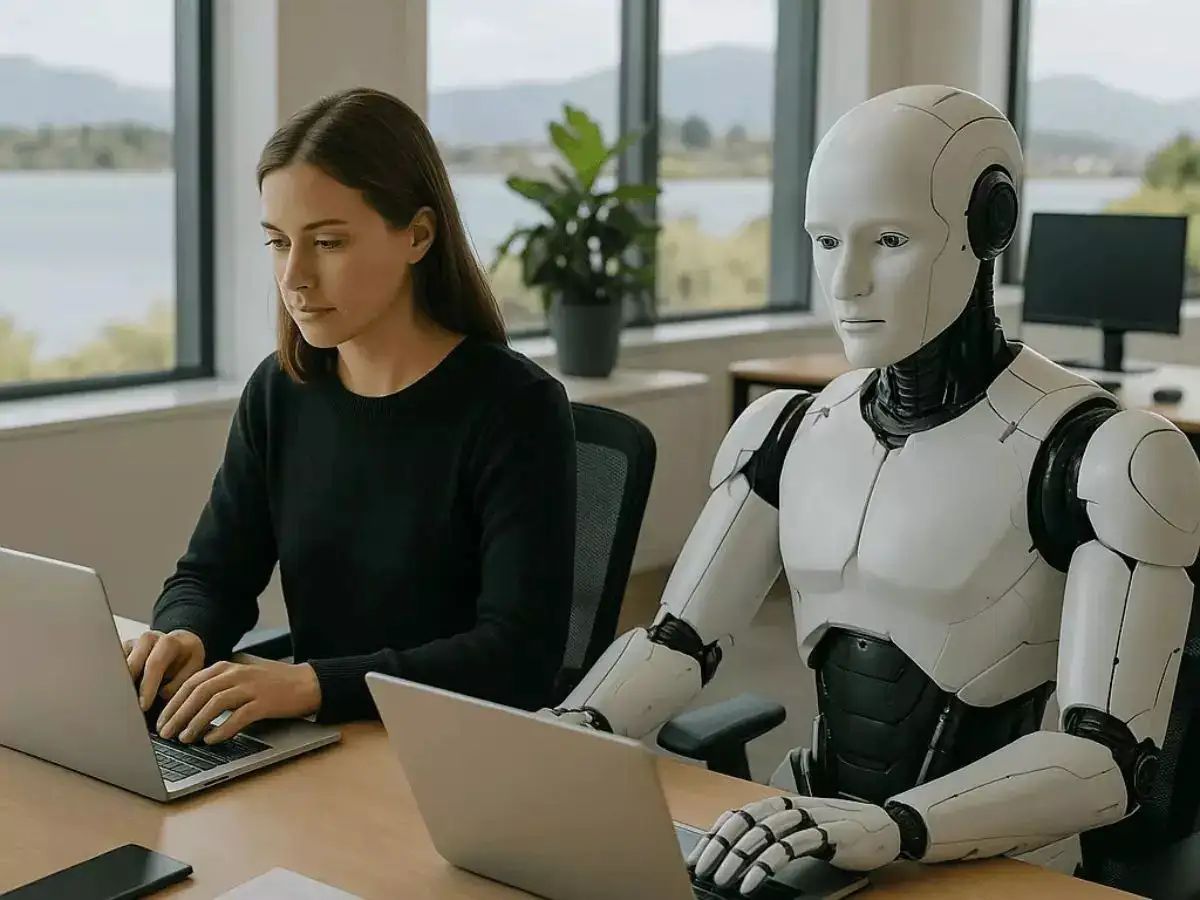 Image Source: LinkedIn
Image Source: LinkedIn
When people talk about AI agents and agentic AI, it can get confusing because they sound similar, but they are quite different in how they work and what they do.
Here’s the basic difference:
AI Agents are designed to do specific tasks. Think of them as tools that follow a set of rules or instructions. They work well when the task is clear and doesn’t change much. For example, a chatbot that answers common customer questions or a program that schedules meetings automatically. These agents don’t learn or adapt on their own—they do what they were programmed to do.
Agentic AI, on the other hand, is more like an independent thinker. It can make decisions on its own, adjust its actions based on new information, and handle more complex problems. This kind of AI can manage multiple tasks at once and even coordinate with other AI systems to reach a goal. For example, an AI system that manages a company’s supply chain in real time, adjusting orders and deliveries as conditions change, or an AI that detects and responds to security threats without human intervention.
Why does this matter?
Many companies are moving beyond simple AI agents because agentic AI offers more flexibility and can handle unpredictable situations better. By 2025, a large number of organizations are expected to use these autonomous AI systems to improve their operations. However, with greater autonomy comes the need for stronger controls to make sure these systems act safely and responsibly.
In short, AI agents are like specialized helpers, while agentic AI acts more like a self-directed problem solver. Understanding this difference helps businesses decide what kind of AI fits their needs best.
Source: IBM, Forbes, LVT, Moveworks
Advertisement
Advertisement



